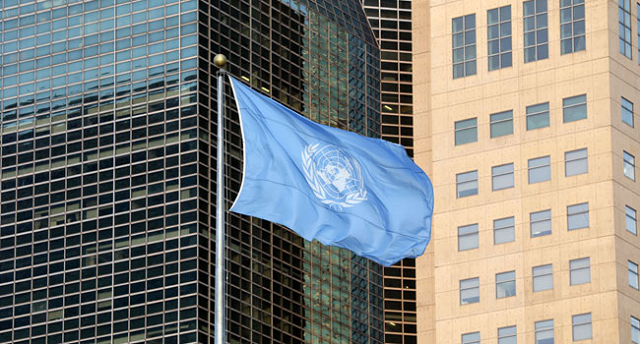The United Nations (UN) has raised concerns about the economic challenges facing Nigeria, citing rising public debt, persistent inflation, a high cost of living, and a weak business environment as factors that could limit the country’s growth prospects.
According to the ‘World Economic Situation and Prospects 2024’ report by the UN’s Department of Economic and Social Affairs, recent government reforms, particularly in the hydrocarbon sector, will moderately boost Nigeria’s GDP to 3.1 percent in 2024.
While acknowledging positive policy reforms, the UN report highlighted several factors that might negatively impact Nigeria’s economic growth. It expressed concern about the escalating public debt, ongoing inflation, increasing living costs, and a business environment that lacks strength. The UN emphasized that these factors pose a downward risk to the country’s growth prospects.
The UN report noted that efforts to enhance in-country oil refining capacity could contribute to reducing domestic fuel costs in 2024 and beyond. However, it underscored the challenges posed by high inflation, exchange rate fluctuations, and elevated fuel prices, particularly affecting essential items like food. Food inflation in Nigeria, along with Egypt and Ghana, remained high, surpassing 30 percent.
The UN also highlighted fiscal challenges in many African countries, including Nigeria, where deteriorating fiscal positions, high public debt, and limited domestic revenue base hampered effective fiscal policy reforms. The report pointed out structural vulnerabilities such as weak taxation frameworks, narrow tax bases, and inadequate institutional capacity as limiting factors.
Tax revenue in Nigeria, accounting for approximately 16.6 percent of GDP, was noted to be lower than that of regions like Asia and the Pacific (21 percent) and Latin America and the Caribbean (22.9 percent). The UN recognized efforts by some African countries, including Nigeria, to implement energy subsidy reforms and tax hikes to alleviate fiscal pressures.
The UN report highlighted the volatility of commodity prices and susceptibility to external shocks as additional factors contributing to fiscal policy uncertainty in the region. Borrowing costs for African countries were cited as being four times higher than those for developed countries, with many nations facing challenges accessing affordable capital due to debt overhangs and low credit ratings.
In conclusion, the UN stated that Africa’s economic outlook remains clouded by debt, lingering inflation, climate risks, and political uncertainties. The continent, including Nigeria, faces food insecurity, with around 60 percent of the population experiencing moderate or severe food insecurity, well above the global average of 29.6 percent. The report underscores the need for comprehensive strategies to address economic challenges and promote sustainable development in Nigeria and other African countries.













